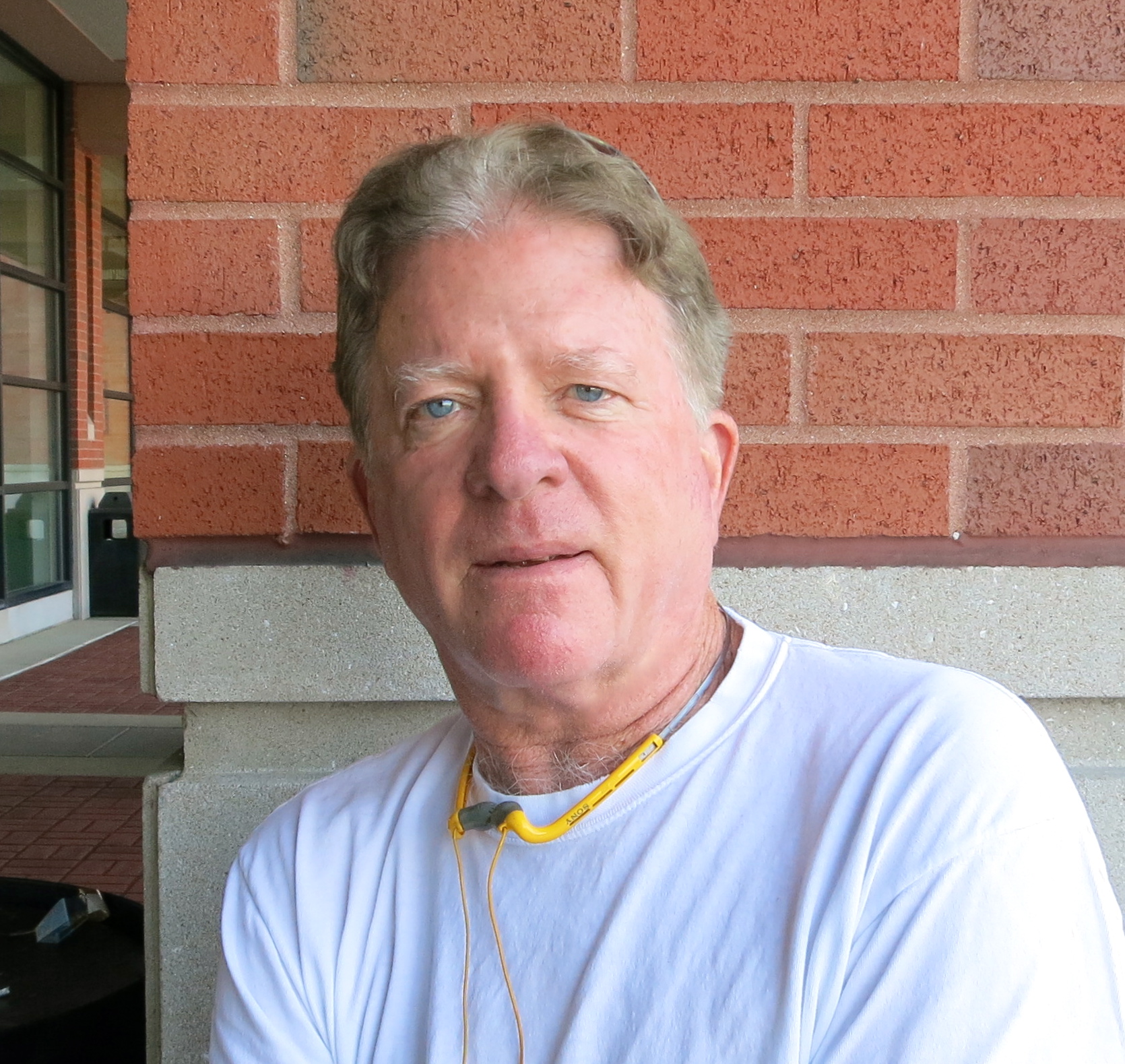
It all goes back to the word – permission. I give myself permission to let things go of things that are not important to focus on. This gives me the opportunity to focus on things that are important.
1. What led you to the mission of being a master plumber?
Working on a construction site, I saw a plumber installing a plumbing system. I was very curious as to what those fittings were all about. I asked a lot of questions. What the plumber was doing was intriguing to me. The guy hired me to help. He started teaching me and then I went to Ranken Technical College, a trade school, to really learn the trade. I eventually spent years working at the trade and eventually got my Plumbing Master’s License.
2. What does this mission mean to you?
I have the opportunity to fix people’s problems in a fun way. I am able to meet new people and have different experiences.
3. What was your best day as a master plumber?
My best day is when I am able to convert someone else’s money to my money!
I remember one job that I did in the city. It was a big, huge mansion. We were working on all this pipework in this huge wall. I remember a lady said to me one day, “Why are you staring at all that pipework?” I said, “Well, I’m admiring our work and to me it is a work of art!” She said, “That’s exactly what I thought too!” There were all the flows and elbows. There were offsets and pipes. I guess she was looking at the beauty of it all – and so was I.
4. What was your worst day as a master plumber?
My worst experiences were working on large jobs where the conditions were unsanitary. Sometimes there was a lot of sewage all around and there was a lot of debris and stuff.
I can think of a time I was working on a job and there was sewage on my tools and clothes. I had to breathe very acidic particles in the air. I was underground making a connection on a sewer main. This was a large excavation and we were connecting the sewer to a commercial building. We were working with a twelve-inch main and depending where we were it could be as large as thirty-six or forty inches. Making the connection — we had to do it pretty quick. You don’t want to be down there very long.
Before going down there, I’m thinking about, “Do I have the fittings in that bucket that I will need while I am down there?” I don’t go down just to be down there. Before I go down, I’m thinking about what I’m going to need. I think, “Do I have the right gaskets, the right grease? Do I have this? Do I have that? Do I have the right gloves? Do I have my goggles? What do I need? What do I ‘don’t’ need? Do I have cans of glue? Do I have a saw?” So I’ve got all my instruments ready before I get down there. When I get down there it is, “Boom, boom, boom” – the job gets done, quickly, efficiently.”
5. How did you survive your worst day?
I collect my thoughts in a positive way and not in a negative way. I focus on the positive attributes of the job and not the negative side. It all goes back to the word – permission. I give myself permission to let things go that are not important to focus on. This gives me the opportunity to focus on things that are important. I learned how to do this in anger management class. They teach all the different kinds of tools that are available to work with everyday problems.
I would tell a person who wants to be a plumber to go to work with a plumbing company that has good credentials. They should go in as an apprentice and go to trade school. One school is Ranken Technical College. It’s one of the oldest schools and has proven its excellence. During that time you can work as an apprentice with a company. When you graduate out, you will be well schooled in that trade. You will have a skill set. People are going to want you to work for them. You will have everything they are looking for. That’s how you will become a marketable person. That’s all!
- « Previous person: Kathy Ferrara
- » Next person: LaVara Frye